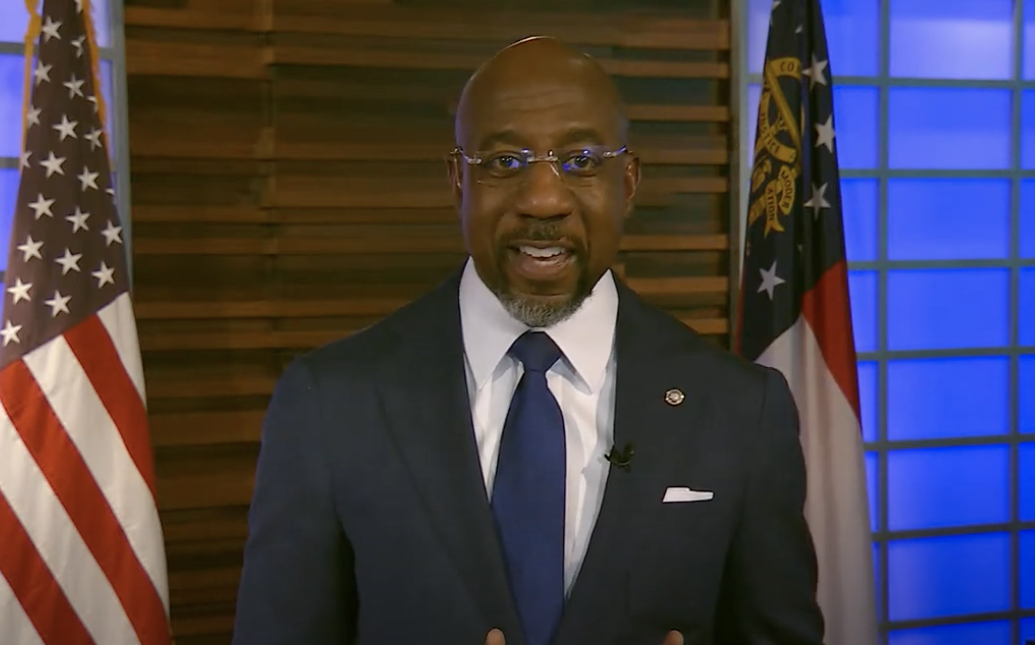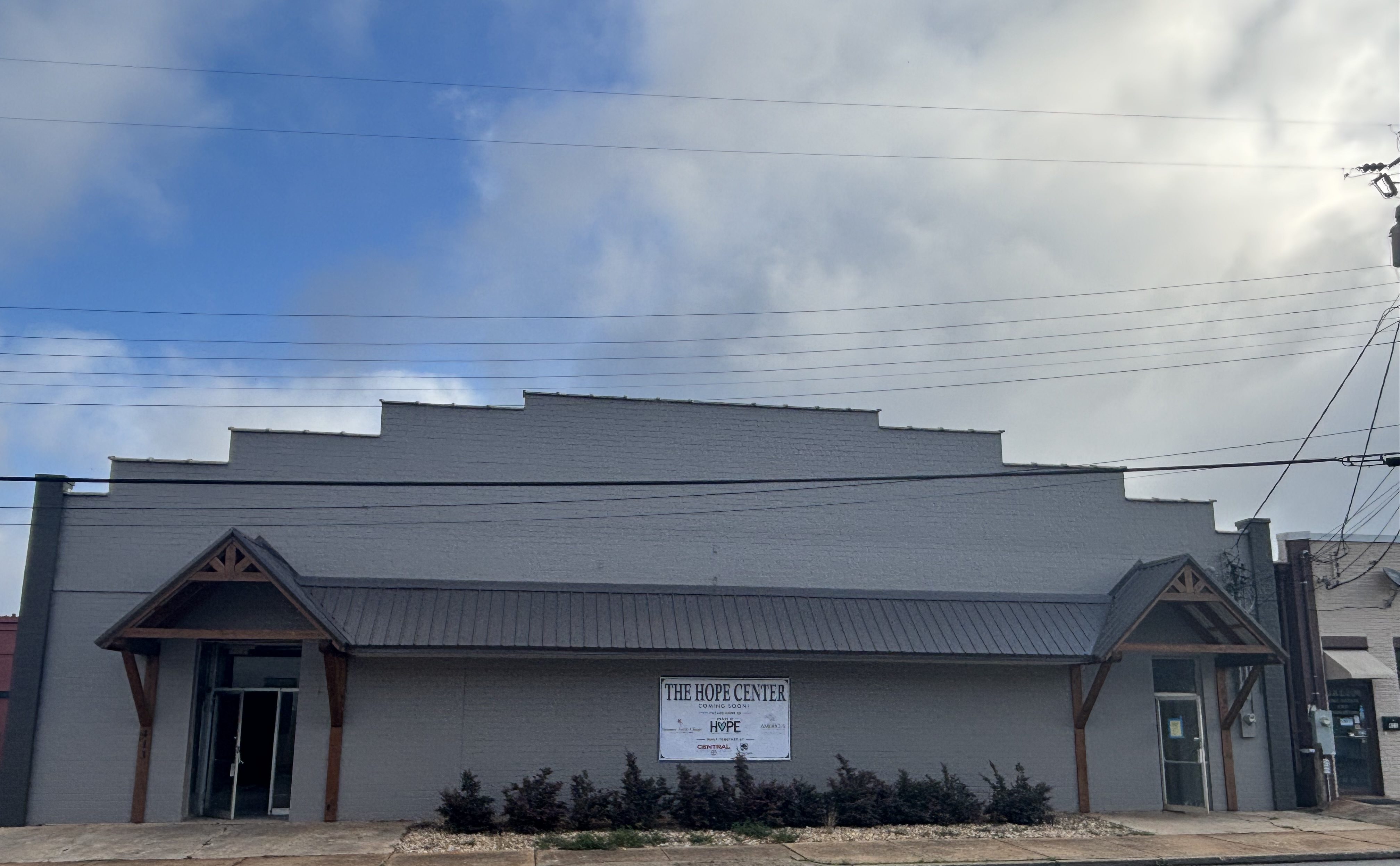A delicate balance
Published 7:46 am Monday, June 23, 2025

- Joshua Windus, reporter for The Americus Times-Recorder.
For many years the U.S. has seen a growth in bureaucracy. Unelected government employees making rules and regulations that have the very real force of law, even though neither citizens at large nor their representatives ever got a chance to vote for them.
There have also, recently, been significant attempts to grow the power of the executive branch. The current administration is a good example of voters trying to express their increasing frustration with the anti-democratic nature of bureaucracy. If I can’t vote on the rules, it would at least be nice for someone I voted for to make them.
But despite many seeing the current administration as a reaction to bureaucracy, the administration is still branded by many as a threat to democracy. Partly, this seems to be a confusion of terms.
Democracy is not the only ideal our guiding documents seek to preserve. The Constitution tried to balance two things- the will of the people and the rights of the individual. Our society has seen a growing desire to provide protections for individual self-expression. Increasingly bureaucratic academic institutions have been at the forefront of advocating for a maximum respect for individual self-expression.
While safety is not the same as freedom, many bureaucracies focus on providing as much safety as possible for the individual. They create complex regulations to prevent pollution, employee accidents, and engineer social safety nets to spare individuals from economic misfortune. For many, bureaucratic protections have become synonymous with freedom. Freedom begins to lose its association with danger and become more and more associated with the security many believe is necessary to enjoy it.
When people say they value democratic ideals, frequently they mean they respect the individual rights of each voter within the democracy.
But aside from the right to vote, democracies don’t really care about individual rights or wellbeing. They care about the will of the majority. At least, for as long as they continue to function. Many governments installed by the will of the people don’t remain democratic. It’s much easier for voters to empathize with a charismatic, cult-like figure than a sprawling social institution. Democracies without proper checks and balances can easily become dictatorships.
Which leads to the paradox that democracy, completely unfettered, can easily lead to its own demise. There is nothing unique about the current administration’s growth of executive power. It’s merely the latest iteration in a continuing trend.
The people afraid of bureaucracy seem to have found a method to keep it in check. The people afraid of executive overreach are less sure that the checks and balances will hold.






